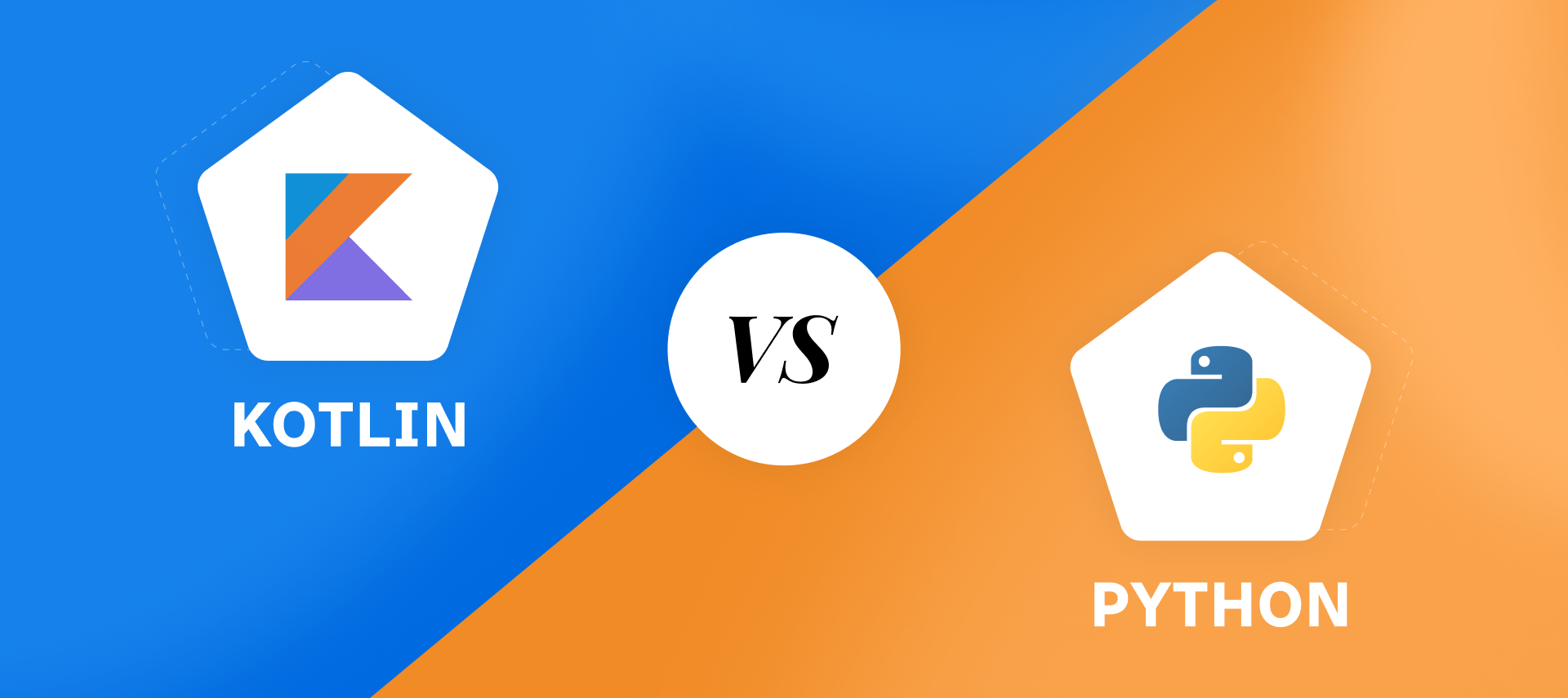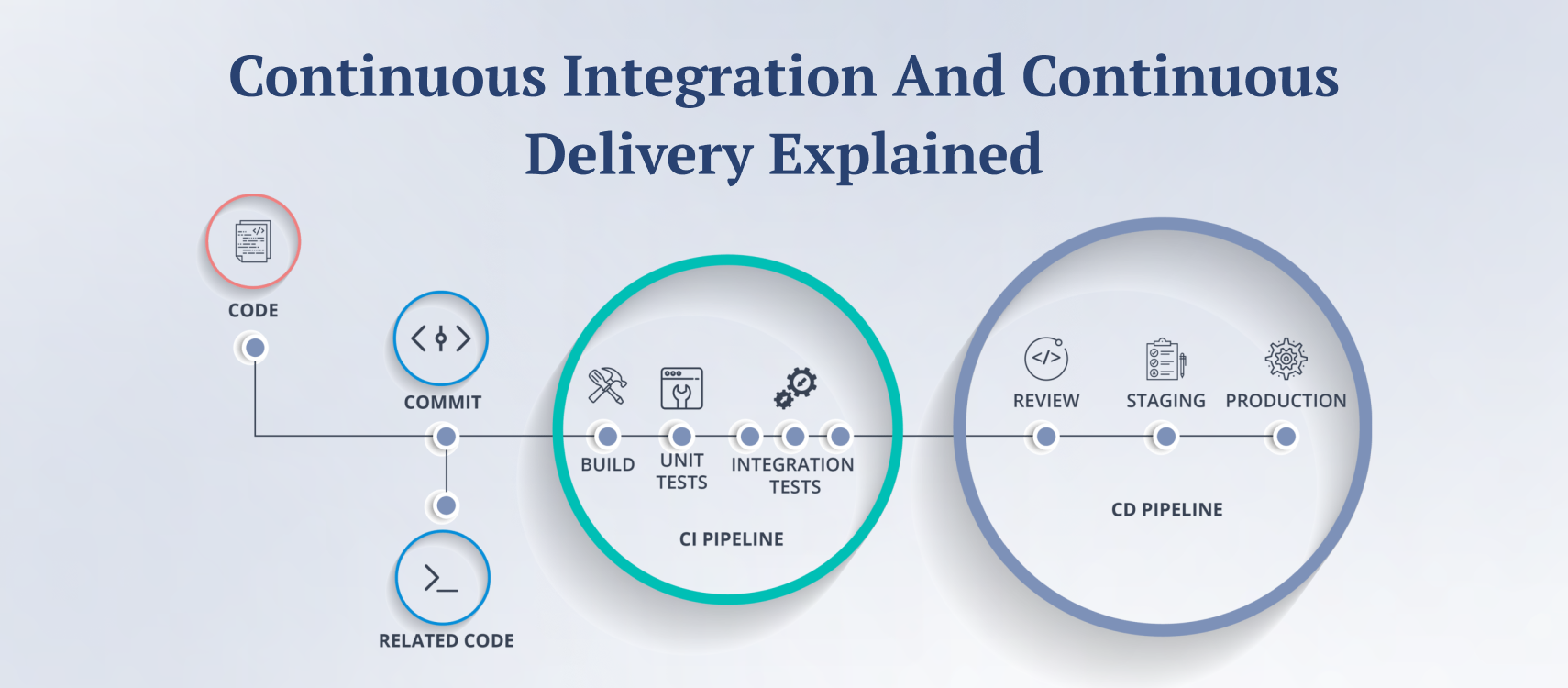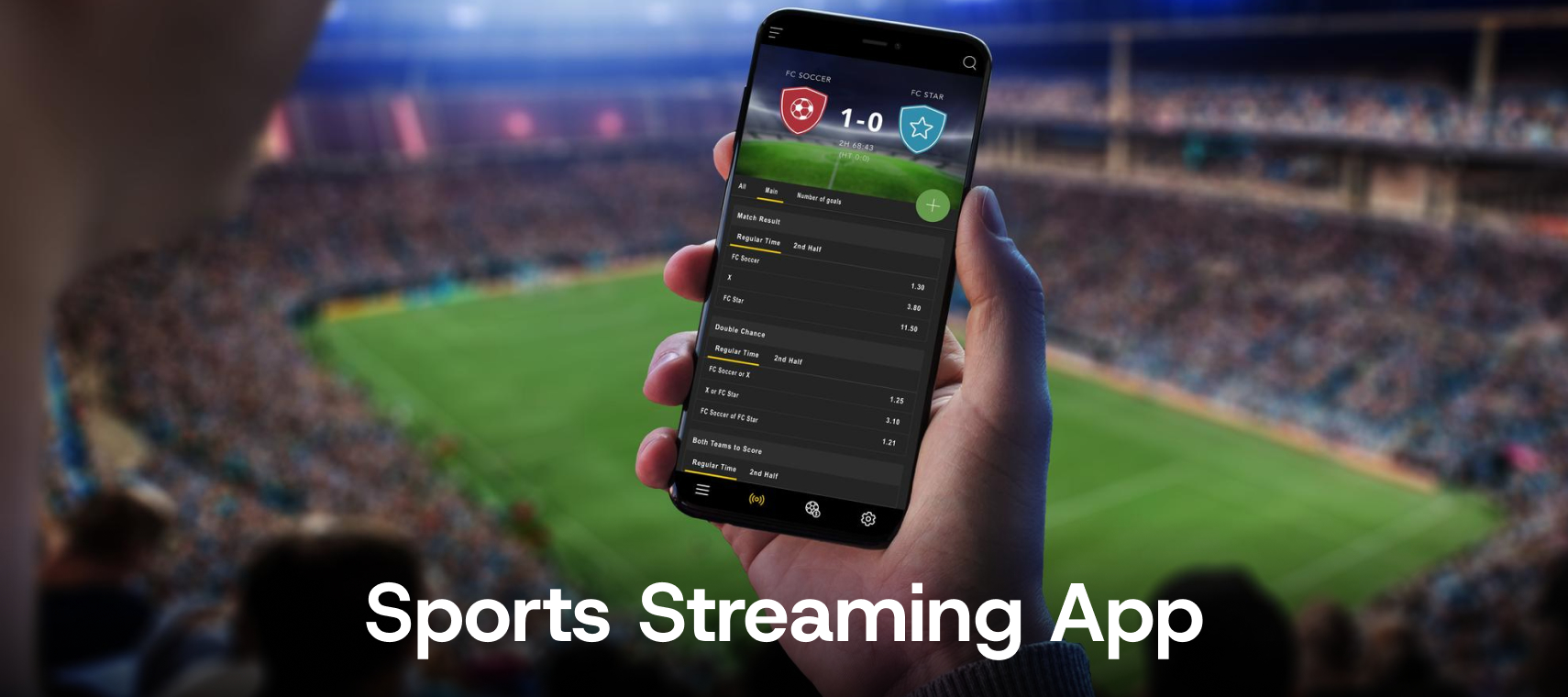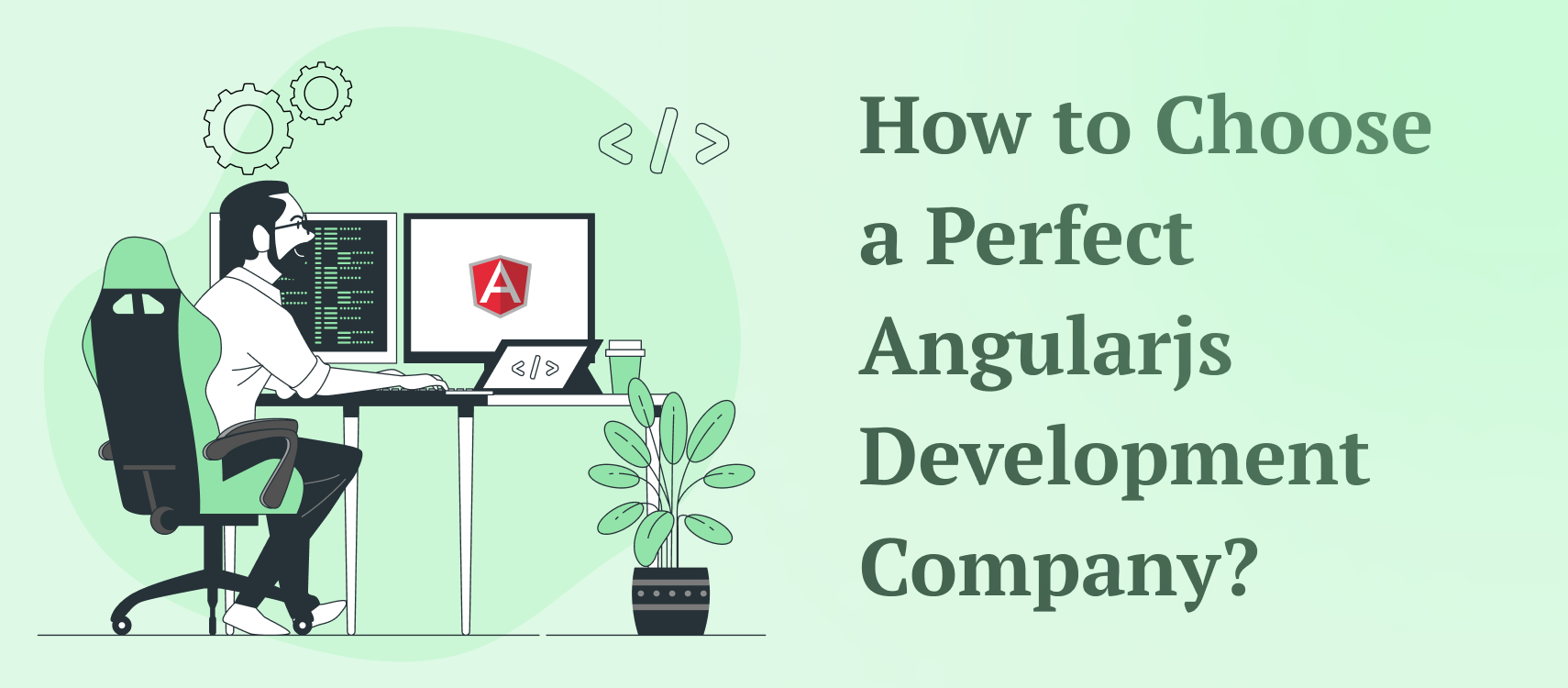Table of Contents
- What is Kotlin
- What is Python
- Kotlin vs Python
- Detailed Key Differences
- Advantages and Disadvantages
- Examples of Kotlin and Python
- Application Examples
- Reasons to Choose Kotlin
- Reasons to Choose Python
- Ease of Use: Kotlin vs Python
- Kotlin vs Python: Which is Better?
- Conclusion
Programming languages function as the muse for software development, allowing builders to create applications, automate tasks, and clear up complex problems. With several languages available, selecting the right one is critical for the achievement of a task. Kotlin and Python are two effective languages, each excelling in exceptional regions of development. Kotlin development is noticeably desired for Android programs and employer solutions, whilst Python improvement dominates in synthetic intelligence, machine mastering, net improvement, and automation. Understanding the strengths and differences between these languages will assist developers make a knowledgeable choice based totally on their task needs.
What is Kotlin?
Kotlin is a current day, a statistically typical programming language developed through jetbrains. It is designed to be completely interpeled with Java and is used for large-scale Android development, backend improvement and passport platform programs. Kotlin Brief Syntax provides more desirable safety features and high quality tool support, making it a favorite desire for many developers. The Cotlelin reform receives traction due to efficiency and strong help for the mobile app development.
Kotlin’s Key Features
- Interoperability with Java – can originally be used with existing Java initiatives.
- Short Syntax – the boiler plate reduces the code and increases the clarity.
- Null Safety – Eliminates null pointer exceptions, improving application balance.
- Coroutines Support – Enables green asynchronous programming.
- Smart Casts – Simplifies kind conversions and improves type protection.
- Extension Functions – Allows adding capability to current classes without enhancing them.
- Multi-Platform Development – Supports Kotlin Multi Platform for sharing code throughout Android, iOS, and web applications.
What is Python?
The Python is a dynamically typed, excessive-degree programming language that is straightforward to recognize and read. Python reveals packages in internet improvement, information technological know-how, artificial intelligence, device getting to know, automation, among others. Python is supported by way of massive libraries and its community help makes it one of the maximum flexible programming languages. The Python improvement is most popular for AI-based totally tasks, internet applications, and automatic equipment.
Key Features of Python
- Easy to Learn – Simple syntax makes it beginner-friendly.
- Extensive Libraries and Frameworks – Supports AI, ML, web, and data science applications.
- Dynamically Typed – Allows flexible and rapid development.
- Cross-Platform Compatibility – Executes on Windows, macOS, and Linux without modification.
- Object-Oriented and Functional Programming – Compliant with greater than one programming paradigms.
- Automation and Scripting – Well-suited to script writing for automating tasks that repeat.
Kotlin vs Python: What are the Differences?
| Feature | Kotlin | Python |
| Typing | Statically typed | Dynamically typed |
| Performance | Faster due to compiled nature | Slower due to interpreted nature |
| Primary Usage | Android, backend, cross-platform | Data science, AI, web development |
| Learning Curve | Moderate | Easy and beginner-friendly |
| Interoperability | Fully interoperable with Java | Compatible with C, Java, and more |
| Popularity | Growing, especially in Android | Very popular across multiple domains |
| Code Readability | More concise than Java | Extremely readable and simple |
| Community Support | Strong, but smaller than Python | Very large and active |
| Scalability | Great for large-scale applications | Highly scalable for AI & big data |
| Mobile Development | Excellent for Android development | Limited support for mobile apps |
Kotlin vs Python: Detailed Key Differences
While both Kotlin and Python are powerful programming languages, they serve distinct purposes. Kotlin is in particular used for mobile and enterprise packages, while Python dominates in AI, records technology, and automation. Their syntax, performance, and usefulness vary considerably, influencing builders’ alternatives based totally on undertaking necessities.
- Syntax and Typing: Kotlin is statically typed, that means variables have to be declared with a particular type, which enables seize errors early. Python is dynamically typed, permitting extra flexibility however leading to ability runtime problems.
- Performance: Kotlin is compiled, making it faster than Python, that is interpreted and generally slower.
- Primary Use Cases: Kotlin is high-quality appropriate for Android improvement, backend packages, and enterprise solutions. Python excels in statistics science, AI, gadget studying, web improvement, and automation.
- Learning Curve: Python has a less complicated syntax, making it easier to study for beginners, while Kotlin has a slight learning curve, in particular for builders strange with Java.
- Interoperability: Kotlin is absolutely interoperable with Java, making it a strong choice for tasks that need Java integration. Python helps integration with languages like C and Java however isn’t always as seamless as Kotlin with Java.
- Community Support: Python has a bigger developer network with vast assets and libraries. Kotlin’s network is growing, specifically inside the Android improvement space.
- Scalability: Kotlin is super for scalable, massive-scale organization applications, even as Python is particularly scalable in AI, massive facts, and cloud-based totally applications.
- Mobile Development: Kotlin Native Android App is a preferred development option, while Python has limited mobile development options.
Advantages and Disadvantages
Advantages of Kotlin
- Interoperability with Java – Seamless integration with Java projects.
- Concise and Readable Code – Reduces redundancy and improves maintainability.
- Null Safety – Helps prevent null pointer exceptions.
- Coroutines for Asynchronous Programming – Makes handling concurrency easier.
- Enhanced Performance – Being a compiled language, it runs faster than interpreted languages.
- Great Tooling Support – Fully supported by Android Studio and IntelliJ IDEA.
Disadvantages of Kotlin
- Steeper Learning Curve – More complex than Python for beginners.
- Smaller Community – Less extensive than Python, but growing.
- Limited Use Outside Android – Primarily used for Android development, although gaining traction in backend applications.
Advantages of Python
- Beginner-Friendly – Easy-to-learn syntax makes it great for new developers.
- Large Ecosystem of Libraries – Supports web development, AI, ML, and data science.
- Cross-Platform Compatibility – Executes on greater than one operating system without alteration.
- Rapid Development – Enables rapid prototyping and iterative development.
- Highly Versatile – Can be used in automation, website development, statics analysis, and more.
- Strong Community Support – Vast developer community providing extensive resources.
Disadvantages of Python
- Slower Performance – Being an interpreted language, Python is slower compared to compiled languages like Kotlin.
- Weak in Mobile Development – Limited support for native mobile applications.
- Higher Memory Consumption – Uses more memory than statically typed languages.
- Dynamic Typing Issues – Can lead to runtime errors that are difficult to debug.
Examples of Kotlin and Python
Kotlin Example: Simple Hello World Program
fun main() {
println("Hello, Kotlin!")
}Kotlin Example: Function to Add Two Numbers
fun addNumbers(a: Int, b: Int): Int {
return a + b
}
fun main() {
val result = addNumbers(5, 10)
println("Sum: $result")
}Kotlin Example: Looping Through a List
fun main() {
val fruits = listOf("Apple", "Banana", "Cherry")
for (fruit in fruits) {
println(fruit)
}
}Python Example: Simple Hello World Program
print("Hello, Python!")Python Example: Function to Add Two Numbers
def add_numbers(a, b):
return a + b
result = add_numbers(5, 10)
print("Sum:", result)Python Example: Looping Through a List
fruits = ["Apple", "Banana", "Cherry"]
for fruit in fruits:
print(fruit)Application Examples of Kotlin and Python
Applications of Kotlin
- Android App Development – Kotlin is the language of choice for Android apps, endorsed by Google.
- Backend Development – Utilized with frameworks such as Ktor for developing efficient server-side applications.
- Cross Platform Development – Kotlin Multi-Platform allows code sharing between Android, iOS and other platforms.
- Enterprise Apps – Suitable for large applications with strong integration with the app-based Enterprise Solutions.
- Game Development – Some developers use Kotlin with structures such as Libgdx for sports development.
- Cloud Computing – Kotlin is used in cloud-based applications, especially when integrated with Java ecosystems.
Applications of Python
- Artificial intelligence and machine learning – Python is unanimously used in AI and ML applications, such as Tensorflow and Pittor, with frames.
- Web Development – Framework scalable network makes the best suit for the development of scalable web applications.
- Computer science and analysis – Regularly used in large data analysis, visualization and automation with libraries such as Panda and NumPy.
- Automation and scripting – Python makes it easier for scraping the network, testing and process automation.
- Cyber security – Python is widely used in moral hacking and cyber security equipment for vulnerable testing.
- Internet of Things (IoT) – Python is a key language in IoT development, used with Raspberry Pi and microcontrollers.
Reasons to Choose Kotlin Language
- Interoperability with Java – Kotlin works regularly with the current Java code base, so it’s a great option for Android and Enterprise apps.
- Better Performance – as a compiled language, Kotlin performs better than Python.
- Less Security – Kotlin Disabled Indicator reduces the possibility of exceptions, resulting in strong applications.
- Briefer Syntax – Kotlin reduces the boiler plate code, making growth faster and more efficient.
- Officially Supported by Google – Kotlin is now the chosen language for Android development.
- Strong Idea Support – Kotlin Development receives a lot of support in intelligence ideas and Android Studio.
Reasons to Choose Python Language
- Easy to Learn – The clean and easy-to-read syntax of Python is ideal for novices.
- Enormous Libraries and Frameworks – Python possesses a huge framework of libraries across AI, machine learning, web development, etc.
- Versatile – Python can be used by everyone in diverse fields, starting from web development to scientific computations.
- Large Community Support – Python boasts an immense worldwide community offering superb resources, forums, and documentation.
- Cross-Platform Compatibility – Python can be run across various operating systems without alteration.
- Suitable for AI and Data Science – Python programming is prevalent in AI, ML, and data analysis because of frameworks such as TensorFlow and Pandas.
Ease of Use: Kotlin vs Python
Python is less complicated to apply because it has an honest syntax and is dynamically typed. It is typically encouraged for new users and fast prototyping. The Kotlin, however, has a greater tough mastering curve but affords extra performance, safety, and scalability for large projects. Kotlin development is extra formalized and geared in the direction of stable packages, while Python development offers flexibility and simplicity of coding.
Kotlin vs Python: Which is Better?
The choice between Kotlin and Python is based totally at the assignment wishes:
- Use Kotlin if you are developing Android apps, need to step forward overall performance, and need interoperability with Java.
- Use Python if you require a language for AI, statistics, technological know-how, net improvement, or automation.
Conclusion
Both Kotlin and Python are wonderful programming languages that excel in other areas. Kotlin development is suited best for mobile applications, backend, and enterprise-level solutions, while Python development is commonly used for AI, automation, and web technologies. It all boils down to what your project goals are, what ecosystem you operate with, and the level of scalability needed for your application.










